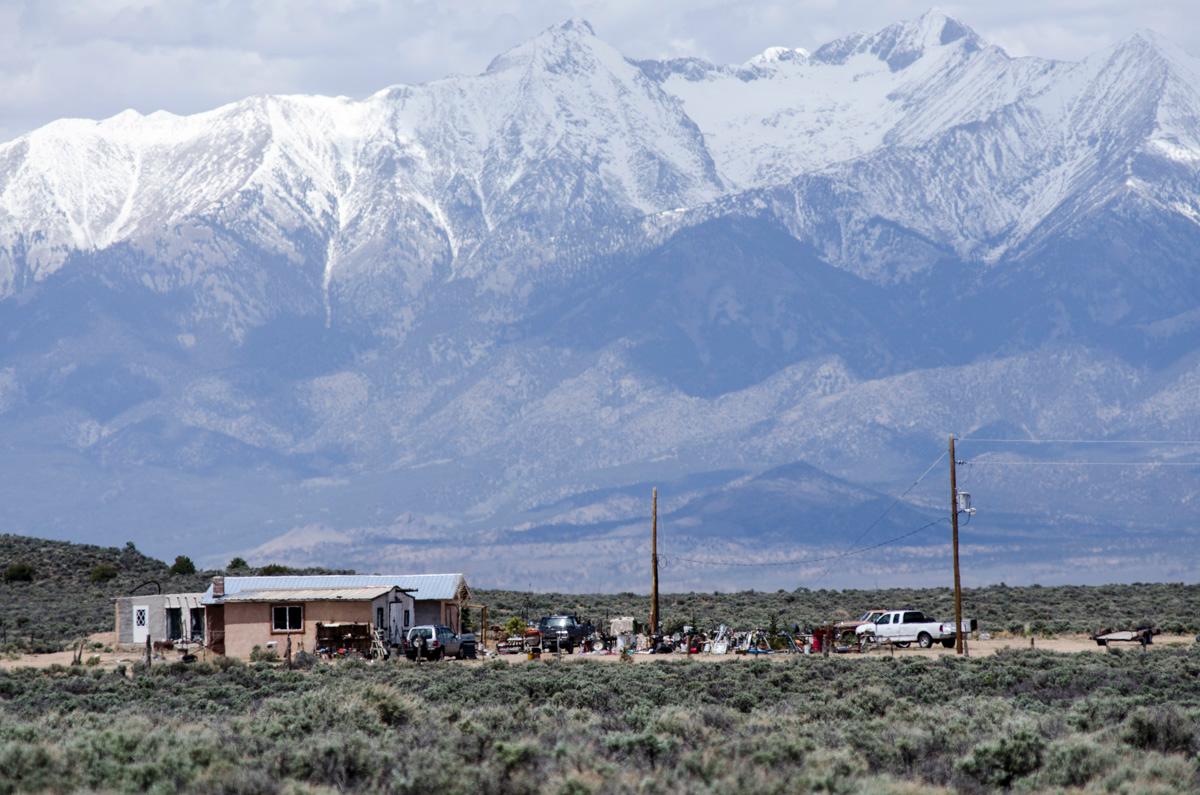
The effort to repeal the Gallagher amendment has put some elected officials in a bind. They support Amendment B because it will save local services from a potential tax cut next year. But they worry that their constituents won’t see it that way.
In rural southwest Colorado, one fire chief contacted by CPR News wouldn’t talk on the record about his support for the measure, saying he was worried about local backlash. Elsewhere, in Park County, Commissioner Dick Eisner said he faces an uphill battle to convince voters to change the state’s constitution.
“My sense is it will fail in Park County,” Eisner said. “It’s really difficult to explain to people.”
It’s an unusual political fight that captures some of the state’s political cross-currents. Colorado lawmakers have been talking about reforming the Gallagher amendment for years. Those conversations became much more urgent this year amid the pandemic-induced budget crunch, which the effects of Gallagher could exacerbate in 2021.
“A year ago, it would have surprised me, and I think many folks” to see a full repeal on the ballot, said Ann Terry, executive director of the Special Districts Association. But a bipartisan group of lawmakers pushed the initiative forward this year.
Colorado voters approved the Gallagher amendment in 1982. The goal at the time was to ensure businesses, not residential homeowners, paid most of the state’s property tax bills. But it later combined in unexpected ways with the Taxpayer’s Bill of Rights.
The end result: Gallagher has continuously reduced the state’s effective residential property tax rates, leaving them among the lowest in the country. It has significantly slowed the growth of tax bills in urban areas, and it has actually reduced property taxes — and government revenues — for some rural areas where home values are lower. Local property taxes support schools and services like libraries, fire departments, and water and sewer infrastructure.
Gallagher’s math presents a big challenge for elected officials like Eisner.
“Our people generally really do like the fact that we do have low taxes,” Eisner said. His message is that Amendment B won’t raise the property tax rate. Instead, it will prevent the rate from automatically going lower — “revenue stabilization,” its supporters say.
Opponents argue preventing tax rates from going down is the same as a tax hike.
The campaign to repeal the amendment has significant financial backing, collecting about $4.7 million through mid-October, including millions from billionaires Kent Thiry and Pat Stryker. The opposition, known as Keep Property Taxes Low Colorado, has been run on a relative shoestring of about $130,000.
This isn’t the first time that changes to Gallagher have been on the ballot. An earlier amendment effort failed miserably in 2003, getting just 22 percent approval. But Kevin Bommer, executive director of the Colorado Municipal League, said this time might be different.
“I think the conversation has evolved,” he said. “In the era of TABOR, I think there’s a better understanding that [failing to repeal Gallagher] is a one way ticket to destroying the taxbase.”
Dennis Gallagher, the former state representative who wrote the amendment, has urged voters to keep it in place.
“Proponents are hoping to repeal the Gallagher Amendment, with no plan in place for how it will be replaced, and are hurting homeowners and renters in the process, if it passes,” he said in a written statement.
Michael Fields, who’s leading the campaign to protect the amendment, said that the legislature should have gone for more targeted reforms instead.
“There’s no doubt that there is a flaw in the current system,” he said. “I just don't think that you take a hammer in certain areas.”
Bommer, of CML, said that full repeal was the best option because of the state’s rules around amendments. To fully repeal a section of the station constitution requires only a simple majority in Colorado, while tweaking it would need 55-percent approval.
“It takes fewer votes to repeal than it does to try to fix it in the constitution,” he said.
If voters reject the measure, lawmakers will have to start planning for the rate cut next year, while homeowners will see some savings on their tax bills. If it passes, it will be a watershed moment: Voters will have rolled back one of the major fiscal restraints on Colorado’s government.
Then, the question will be whether, and how, to replace it, Bommer said. He suggested that the central idea of Gallagher — balancing the residential and commercial tax burdens — was its “best part.”
Eisner, of Park County, said that full repeal still worries him. He’s concerned that Front Range lawmakers eventually could change the statewide assessment rates in ways that hurt rural areas. Colorado should give more power over property tax rates to individual counties and regions, he said.
“We’ll see,” he said. “I’m not sure I know just how that one’s going to turn out.”
And neither are the state’s voters: A recent survey by the American Politics Research Lab at CU Boulder found that as of early October, up to half of voters were unsure what to think of Amendment B.









